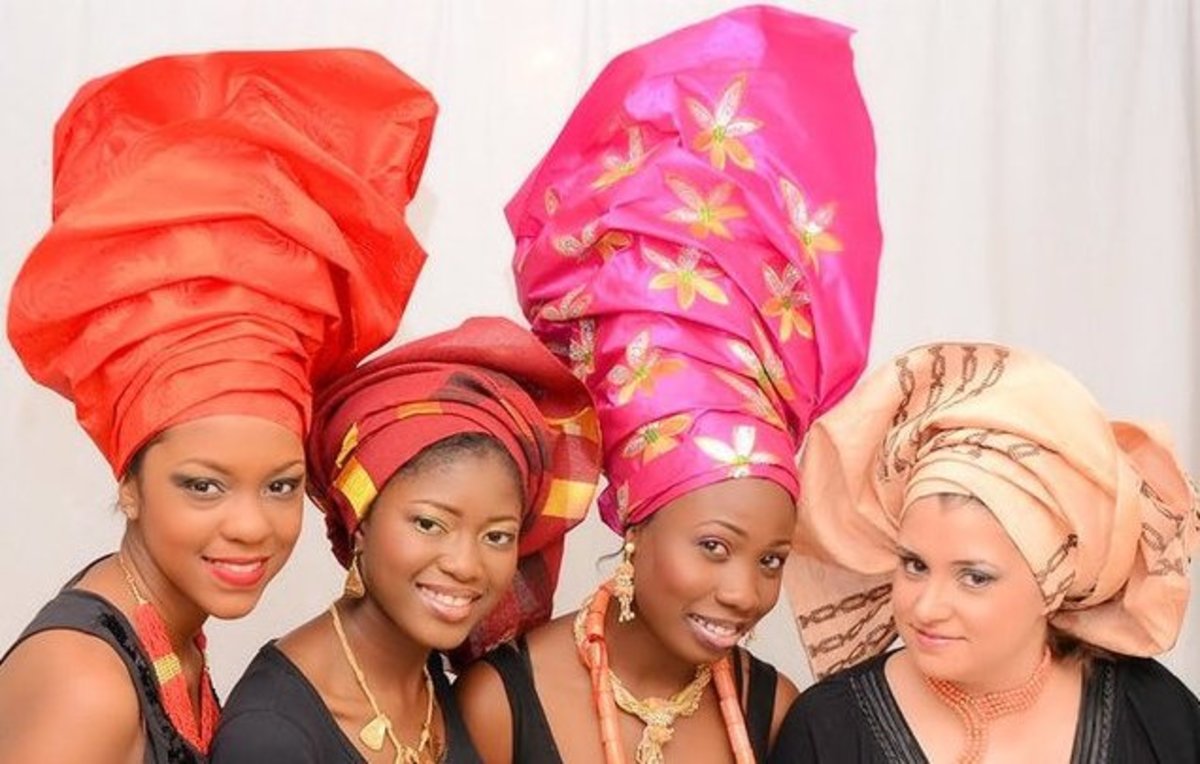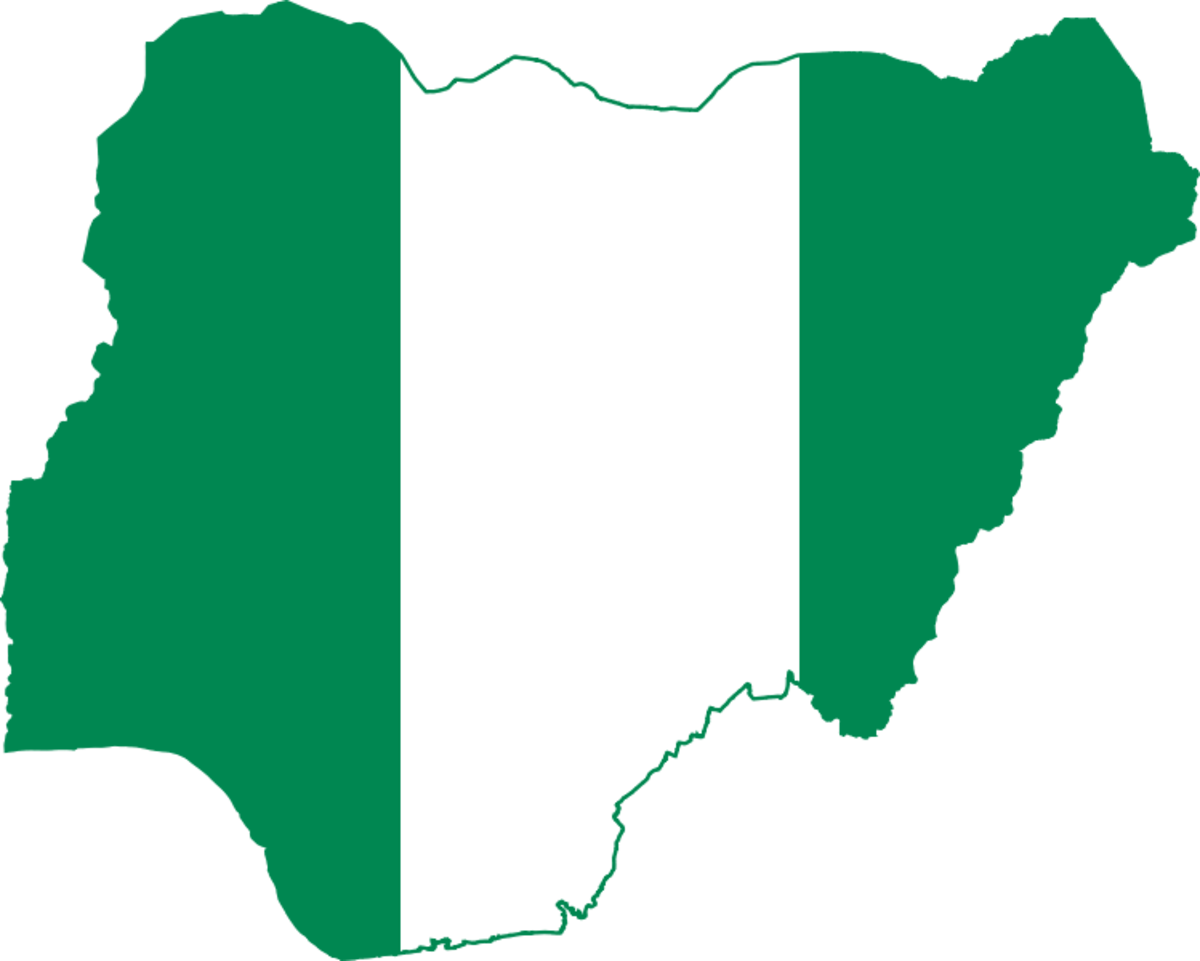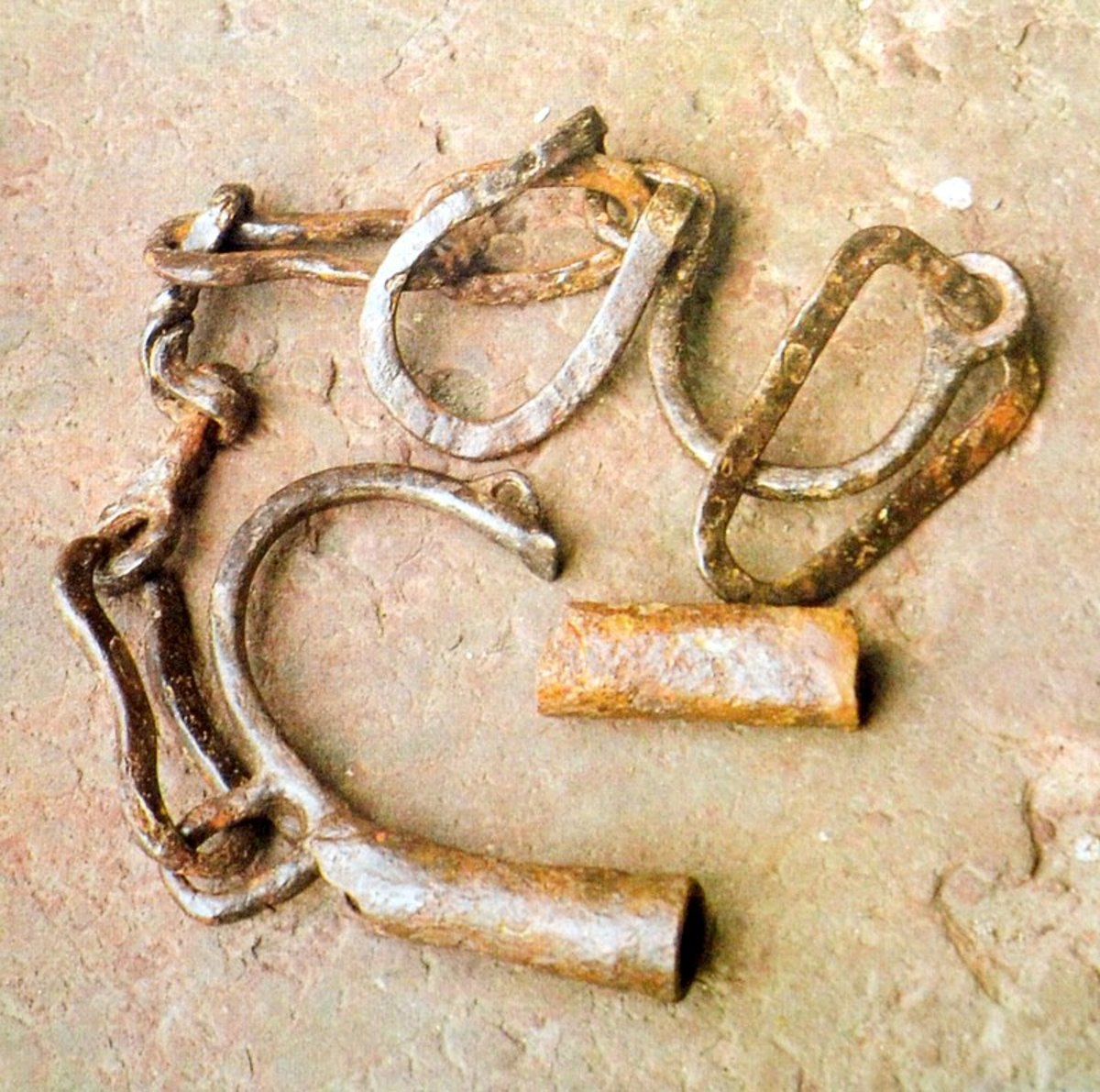The Role Played by Women in the Development of Nigeria
Permeable:
Nigerian society is culturally patriarchal. This is the reason; the societal structure often subjugates women. Women are not given prominent roles to play as regarding the societal development. This gender dichotomy has cost Nigeria society a lot in the rail of progress, but now, the situation is changing. Nigerian communities have now come to understand the obvious roles of women in nation building.
Throughout the developing world, women predominantly engage in multiple economic activities that are critical to the survival of the society. Rural women, for instance, play an essential role in crop production and livestock care. They provide food, water and cater for other family needs.
In the family, women are essential to the upkeep of their husbands and their households. When a home is stable, the credit goes to the woman who supervises the day to day activities by taking care of children from birth to adulthood as well as doing other home chores. The woman is responsible to give her children good moral and to help mould the character of the children. A good looking cheerful man cannot be separated from the peace and love he enjoys at home.
Building a nation has been realized not to be the sole role of a single gender; rather, it is the collective role of all-men and women in the society. Therefore, the Complementary roles of women in the uplift of a nation are of great importance
1. Women are vital to the growth and development of the socioeconomic and politics of Nigeria.
Therefore, women are vital to the growth and development of the socioeconomic and politics of a Nigeria, especially in some of the parts of the country where women make up to 68 percent of their total population. They are responsible for the reproduction of the labour force and for producing 70 percent of the nation’s food supply.
In some cultures, it is still considered a taboo to educate the female child because they believe that is a waste of time and resources. They believe that they will only end up in the kitchen preparing food and taking care of children. As a result, little or no attention is paid to the education of female children but they are sold out in early marriage.
In order to eradicate poverty and to foster rapid development, the discrimination against women education must be discouraged totally. Young girls, as well as their male counterparts, must be given equal rights to education. The wise saying that “if you educated a woman, you empower a nation” has proved to be true in the developed countries of the world, even in Nigeria.
Nigerian women in their relentless efforts to build a sane society in the country. Women have been a potent weapon in the decision making in Nigeria. For example; Yoruba and Igbo women in southern Nigeria had powerful political roles within dual sex system of female and male authority. The Aba Women Riot of 1929, in which Igbo market women protested British taxation is a notable example of women using their power against the colonial rulers.
2. Nigeria is blessed with women of vision and leadership qualities
Nigeria is blessed with women of vision and leadership qualities who can transform the Nigeria politically, economically and socially, such as Dr Ngozi Okonjo-Iweala, former World Bank Managing Director from Nigeria, Prof. Dora Akinyuli former Minister of Communication in Nigeria, who has performed credibly when she was in charge of NAFDAC, she restored the credibility to Nigeria at a time the Nigeria was being branded and dumping ground for fake drugs and she was a woman of great courage.
In making reference to some of our women of substance who have greatly contributed to the building of Nigeria and initiated the emancipation of Nigeria womanhood, such women like Funmilayo Ransome Kuti and Margaret Ekpo.
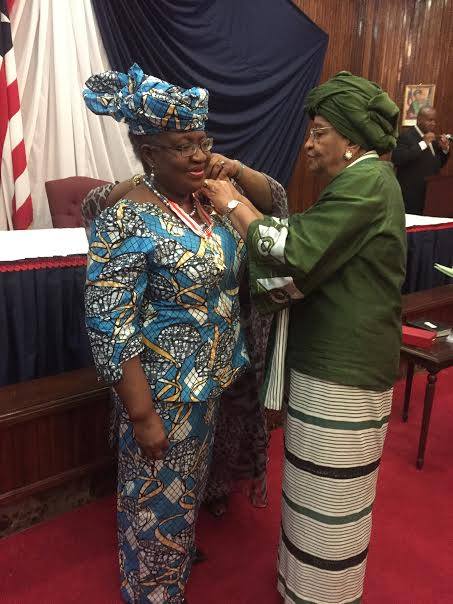
3. Challenges facing by Nigerian women:
Though recently women have become actively involved in the country’s politics unlike before, nevertheless, they are still faced with some challenges that limit their chances and sometimes have some psychological effect that kills their morale. However, the role of women in our country can be re-energized and accorded popularity.
1. Nigeria is one of the countries where women have faced challenges and discrimination for reasons of their sex and the wrongful perception that women belong to a lesser class than their male counterparts.
2. The vulnerable conditions of women are more critical, given lingering gender inequalities, domestic violence, lack of social protection, among other issues, that exacerbate injustice and privation. These and much more limit their ability to reach their full potential.
4. Legislation, policy and institutional framework amended by the government in respect to the full promotion and protection of the rights of women.
Legislation, policy and institutional framework amended by the government in respect to the full promotion and protection of the rights of women are:
1. The government of Nigeria has also approved a National Gender Policy which acknowledges the attainment of gender equality as not only as an end in itself but as a prerequisite for the achievement of sustainable development.
2. Nigeria has continued to develop and implement national strategies and plans for the advancement of women in leadership and managerial roles in the form of amending legislation, policy and institutional framework as it affects the full promotion and protection of the rights of women.
3. To ensure coordination and sustainability of all initiatives in this regard, Nigeria has Federal and State Ministries of Women Affairs with a mandate to bring about the speedy and healthy development of Nigerian Women, Children, and the mainstreaming of their rights and privileges in national development process.
4. The Ministry with key development partners, including civil society organizations, has developed policies, initiatives and strategic plans to engender gender equality and ensure full and effective participation as well as equal opportunities for women in leadership at all levels.
5. The Violence Against Persons Act (VAPP) 2015 which creates a broader legal framework for the prevention of all forms of violence, including rape, abolishes Female Genital Mutilation, unfair and discriminatory widowhood practices and other harmful traditional practices.
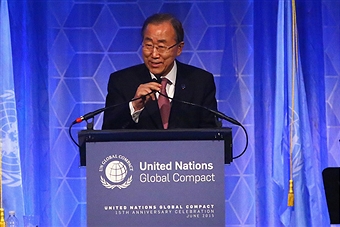
5. The role played by women in the development of Nigeria.
The role of women in nation building cannot be over-emphasized. Over the years, women have been relegated to the background on issues of development, especially in developing countries, such as Nigeria.
The former United Nations Secretary-General Ban Ki-Moon said: “When we empower women, we empower communities, nations and entire human family.” The impact of political involvement of women has left a patch in the path; therefore it can be asserted that women are not only loaded with valuable potentials, but also have the legal right to contribute to the development of their societies.
Recently Nigerian government has adequately provided for the position of women in its administration and makes the amendment to policies that have placed women at the losing end.
The followings are the role played by women in the development of Nigeria:
1. Women have been playing leading role in shaping our nation and this dates back to the pre-colonial era. We have read about women, who played the active part in the administrative system and business. Women during the pre-colonial period were allowed to participate in the administration of communities.
For instance, the exploit of Iyalode (women leader) of the old Oyo Empire has remained the reference point on how political involvement women can engender a free society. Not only did they shape the political system of the period, they also act as mediators in the inter-ethnic rivalry. This can be seen in the exploit of Moremi during the Ife-Modekeke war.
2. In the olden days though, the likes of Mrs Margaret Ekpo, Mrs Janet Mokelu and others were members of the Nigerian Eastern House of Assembly. The late Mrs Funmilayo Ransome-Kuti, though not a full-fledged politician, was a very strong force to reckon with in the politics of the Nigerian Western Region. Hajia Gambo Sawaba waged a fierce battle for the political and cultural emancipation of women in the North Region of Nigeria.
They made impacts in pre-independence era in the year 1960 and surmounted so many obstacles and limitation but their exploits still stand as a legacy up till today.
3. At a practical level, appreciable gains have been recorded in the last two decades and Criminal justice policies and institutions are continuously being strengthened to better reflect the invaluable contributions of women.
4. Women are able to claim their pride of place in many sectors and make invaluable contributions that have led to the positive development of criminal justice institutions and policies in the country.
5. Specifically, some critical positions held by women include the positions of Chief Justice of Nigeria and head of the Supreme Court, Chief Justice of the Court of Appeal, Chief Judges of High Courts, Comptroller General of the Immigration Service, Commissioners of Police, Directors of Public Prosecution with significant numbers of women justices in superior courts of record.
6. Other women who have made the impact in the country’s politics include, Mrs Ngozi Okonjo-Iweala, the former Minister of Finance. Mrs Obi Ezekwesili also left a huge landmark in the history of Nigerian politics.
The late Prof Dora Akunyili, former Minister for Information, also performed credibly when she was the Director-General of National Agency for Food, Drug Administration and Control (NAFDAC); she waged war against adulterated drug dealers, starting in her home state. There are many other women in politics that have done very well and still performing excellently well.
Conclusion
I believe that there are certain attributes in a woman that give her some advantages over a man. Women are usually more honest, more sensitive to issues and bring a stronger sense of commitment and dedication to what they do. May be because they were mothers, and being a mother you have that special attention for the family, for the young, for children.
© 2017 ODEWOYE FRANCIS SUNDAY


